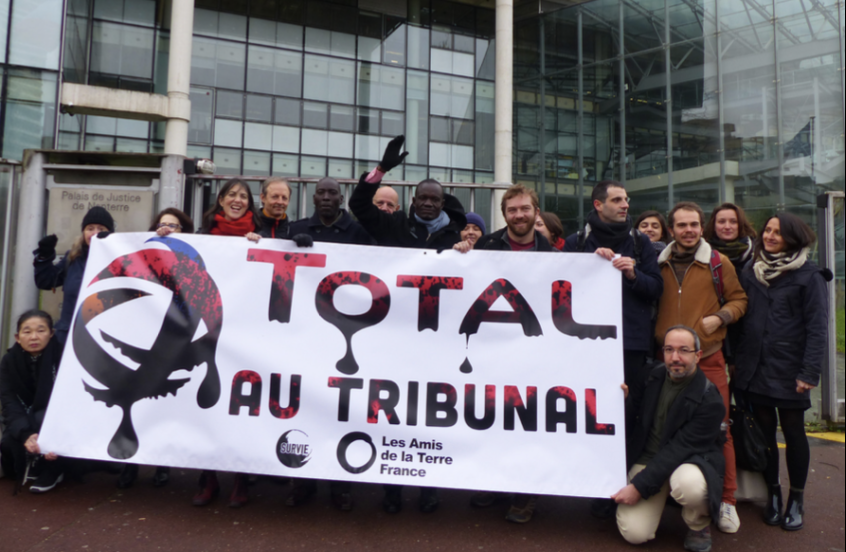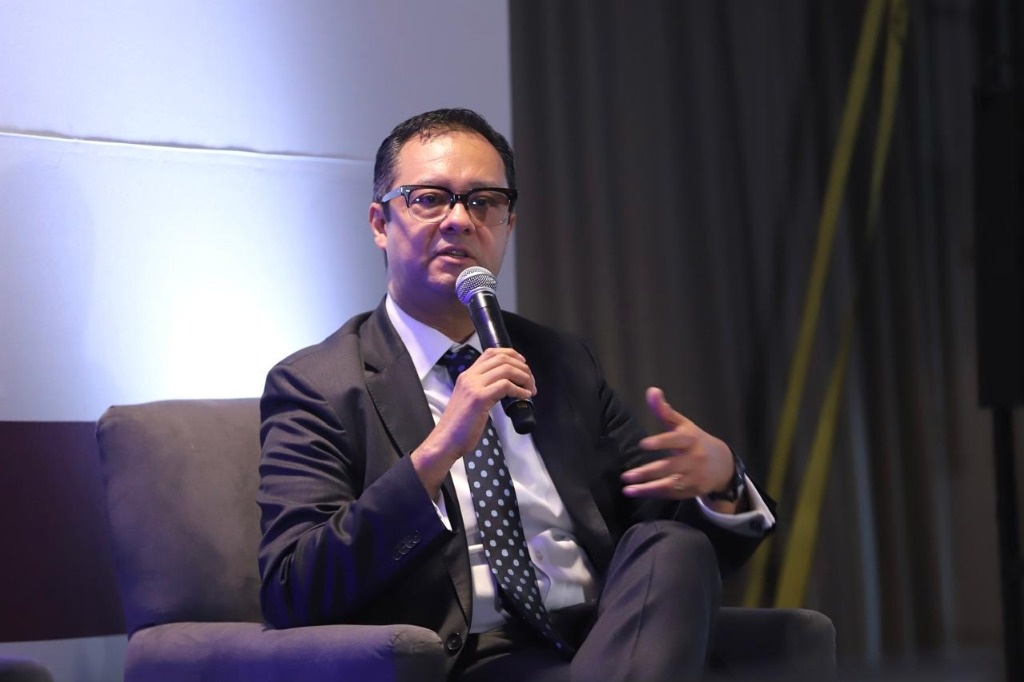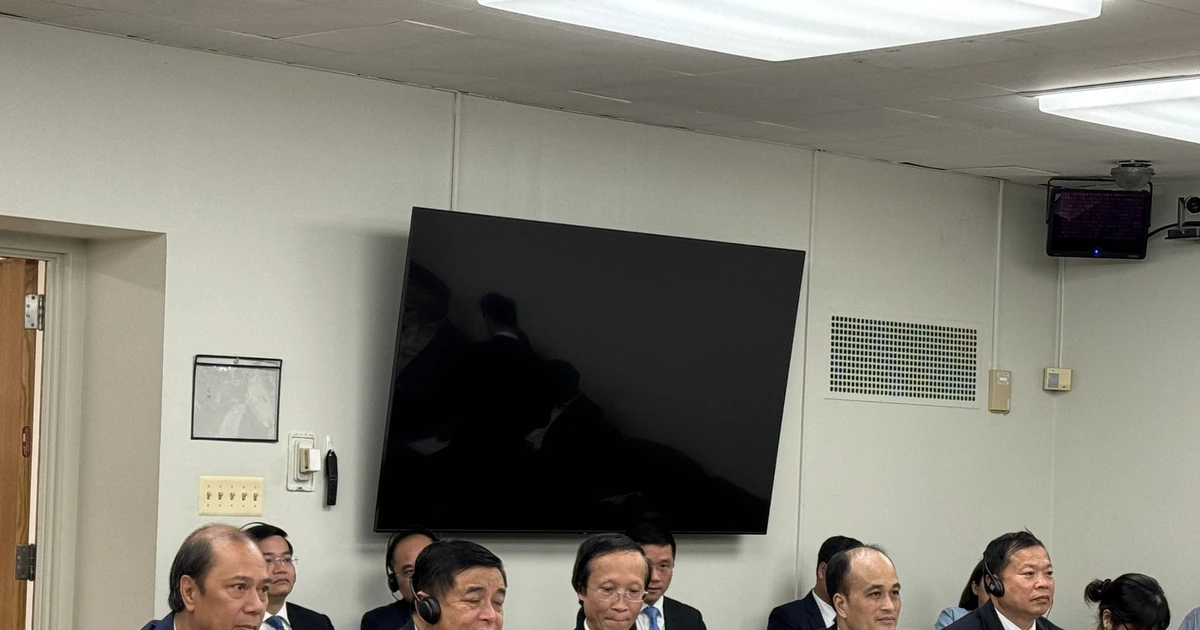Oxfam and FIDH respond to Total's new East Africa revelations, but urge caution

French energy company Total has increased transparency about its oil projects in Uganda and Tanzania, but Oxfam and the International Federation for Human Rights have warned that significant human rights risks remain.
On March 8, Total released new information about two major projects in East Africa: the Tilinga oilfields near Lake Albert and the East Africa Pipeline (EACOP) project in Uganda and Tanzania. Total published four third-party reviews of the projects and reported progress in implementing the key recommendations received, including those of Oxfam, FIDH and some local partners.
“Following pressure from project-affected communities, as well as various civil society groups concerned with different aspects of both plans, Total is moving towards transparency. These disclosures are essential for more informed decision-making, but real accountability requires real action.” Total must move cautiously It takes urgent action to address the risks highlighted by its data and the conclusions of independent human rights assessments.”
said Bashir Twesigye, Executive Director of Civilian Response to Environment and Development (CRED) in Uganda.
In September 2020, FIDH and the Foundation for Human Rights Initiative (FHRI) published a report entitled “New Oil, Same Business?” At a crossroads to avoid disaster in Uganda [Petróleo nuevo, ¿el mismo negocio? Ante la encrucijada para evitar una catástrofe en Uganda]. Meanwhile, Oxfam, Global Rights Alert (GRA), CRED and the Northern Coalition on Extractives and the Environment (NCEE) published Empty promises down the line? Assessing the human rights impact of the East African crude oil pipeline [¿Promesas vacías de futuro? Evaluación del impacto sobre los derechos humanos del oleoducto de África Oriental]. The societal and human rights impact assessments highlighted the current and future risks associated with these oil projects and provided recommendations for companies and governments to avoid a humanitarian and environmental catastrophe.
Although the reports are published on Total's website, they were independently funded, and were not commissioned by the company or any of its subsidiaries.
“Although Total committed last week to making progress on implementing many of the recommendations from Oxfam, FIDH and our local partners, the risks we have highlighted in our reports remain very real. In both Uganda and Tanzania, many Among our key recommendations, the situation for affected communities remains dire and every day delay in compensation increases the risk of families falling into poverty. More measures are needed to adequately compensate people for the loss of property and land, and to protect communities' right to health, environment and livelihoods. their civil liberties, and providing compensation to people harmed by oil operations in past decades.”
This was announced by Maddalena Neglia, Head of the Globalization and Human Rights Office of the International Federation for Human Rights.
“Total’s revelations are a necessary first step to begin an open and informed dialogue on the development of petroleum activities, but the company and its subsidiaries must still take real steps to respect the rights of vulnerable communities on the oil borders in East Africa.”
added John Bosco Thimbo, FHRI researcher.
“Respecting these rights requires reporting on remedial measures, calculating their effectiveness, and working with the Ugandan and Tanzanian peoples to monitor the potential impacts highlighted in this and other reports. Taking action goes beyond what already exists. It means ensuring that reparations measures are transparent In a timely manner, responding to complaints, as well as listening to those who believe these projects should not go ahead.
Caroline Brodeur, Oxfam's private sector advisor, said.
Since 2019, Total has faced several legal actions in France, where it has been accused of failing to develop an adequate monitoring plan to address risks to health, safety, environment and human rights, as required by French law. Likewise, some banks were also asked not to fund EACOP.
“Communities living near oil projects are subject to asymmetries of both information and power: facilitating access to information will be of no use if the company does not use it to improve local decision-making, protect the voices of those who disagree with it, and strengthen redress procedures. In light of these Information The real question is what will Total do next?
said Siraj Magara Luyima, Oxfam Uganda Coordinator for the Extractive Industries Sector.
Notes for writing:
For more information about the information disclosed by Total, see:
• Telenga and EACOP
For more information about ratings and recommendations, see:
• Oil in East Africa: Communities at Risk
• Empty promises on line? Assessing the human rights impact of the East African crude oil pipeline
• New oil, same work? At a crossroads to avoid disaster in Uganda

“Award-winning zombie scholar. Music practitioner. Food expert. Troublemaker.”








